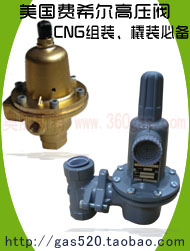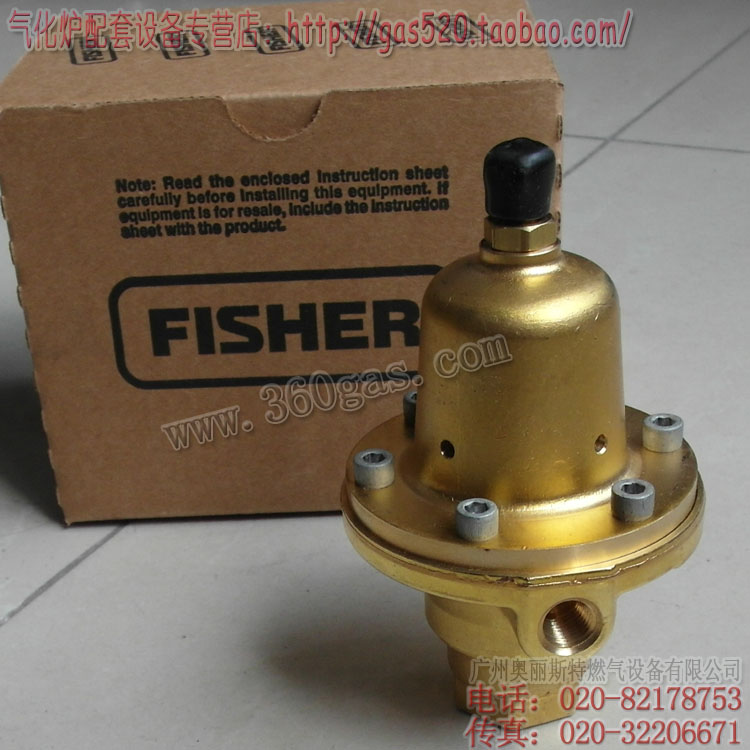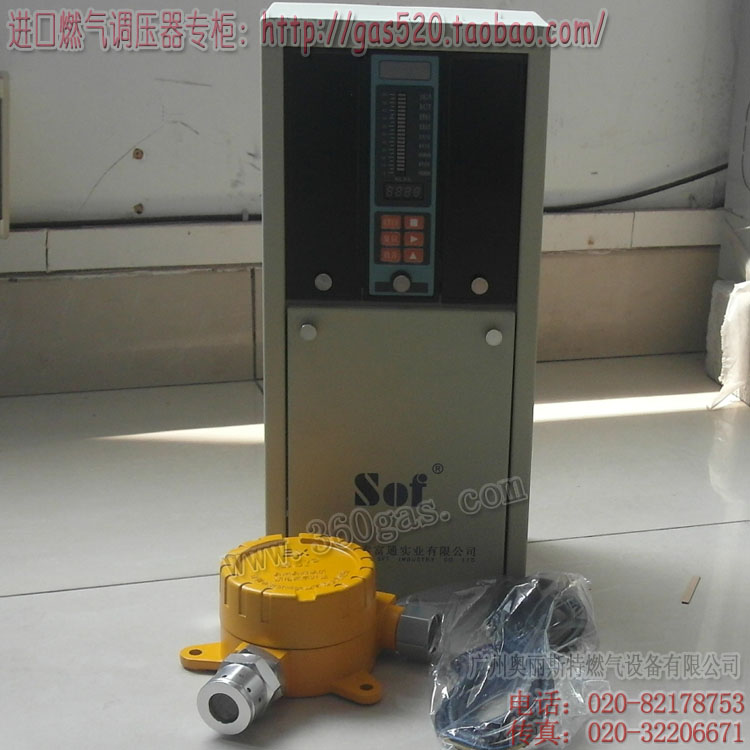位置:首页 > 燃气资讯 > UNECE Regulation 1
UNECE Regulation 110 L-NGV Amendments a Milestone for NGV Industry
浏览次数 749 , 日期 2013-11-30 , 燃气设备 加入收藏
The NGV industry has achieved another important milestone in the adoption of amendments to United Nations regulations. This will allow vehicles running on liquefied natural gas (LNG) to be fully certified in more than 50 countries that incorporate the UN regulations into their national regulations.
Regulation 110, Specific components of motor vehicles using compressed natural gas and liquefied natural gas in their propulsion system and their installation can serve as a model for countries not signed on to the UN regulation but that want to develop the market for L-NGVs. R.110 is seen as a benchmark regulation for the global NGV community governing the testing and safety of NGV components, including retrofit and factory-built vehicles.
The amendments were the product of just over two years of work by the LNG Task Force, an industry stakeholder group working within the United Nations structure in Geneva that included NGV and LNG equipment suppliers, national regulators, certification institutes, and NGV Global and NGVA Europe, both of which had representatives acting as co-secretariats to the Chairman, Paul Dijkhof from KIWA, a Dutch testing and certification institute.
The work was motivated by the development of United Nations regulations for dual-fuel engines that also can run on LNG. The new regulation governing the vehicle parts other than the engine now completes the regulatory framework that will help get safe and reliable L-NGVs on the global highways.
The regulation comes into force in July 2014 when Contracting Parties also must begin to conform their national regulations to the new R.110.
Regulation 110, Specific components of motor vehicles using compressed natural gas and liquefied natural gas in their propulsion system and their installation can serve as a model for countries not signed on to the UN regulation but that want to develop the market for L-NGVs. R.110 is seen as a benchmark regulation for the global NGV community governing the testing and safety of NGV components, including retrofit and factory-built vehicles.
The amendments were the product of just over two years of work by the LNG Task Force, an industry stakeholder group working within the United Nations structure in Geneva that included NGV and LNG equipment suppliers, national regulators, certification institutes, and NGV Global and NGVA Europe, both of which had representatives acting as co-secretariats to the Chairman, Paul Dijkhof from KIWA, a Dutch testing and certification institute.
The work was motivated by the development of United Nations regulations for dual-fuel engines that also can run on LNG. The new regulation governing the vehicle parts other than the engine now completes the regulatory framework that will help get safe and reliable L-NGVs on the global highways.
The regulation comes into force in July 2014 when Contracting Parties also must begin to conform their national regulations to the new R.110.








